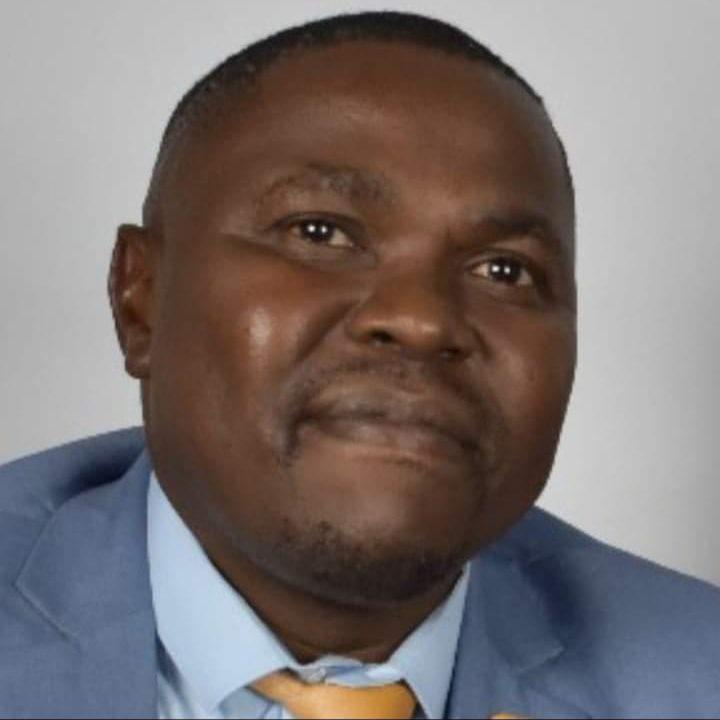- Specialised Departments
- Neurosurgery
Neurosurgery |
What is a neurosurgeon?
A neurosurgeon is a medical doctor who diagnoses and treats conditions that affect your nervous system, including your brain, spinal cord, and nerves. Despite “surgeon” in the title, neurosurgeons provide both surgical and nonsurgical treatments.
Why would I be referred to a neurosurgeon?
Your doctor would typically refer you to see a neurosurgeon if you have a neurological condition which would benefit from further assessment. Neurosurgeons have extensive knowledge about your brain, nervous system and spine as well as the conditions associated with them. He or she will conduct a thorough examination, review of your symptoms and perform an investigation to inform the best course of treatment.
|
Brain tumours |
|
|
Carpal tunnel syndrome |
|
|
Cerebrospinal fluid (CSF) leak |
|
|
Chronic pain in your back and neck |
|
|
Congenital brain conditions (Chiari malformations and arachnoid cysts |
|
|
Congenital spinal column conditions (Spina bifida and tethered spinal cord) |
|
|
Essential tremor |
|
|
Herniated disks |
|
|
Hydrocephalus |
|
|
Intracranial aneurysms |
|
|
Multiple sclerosis (MS) |
|
|
Parkinson’s disease |
|
|
Pinched nerves |
|
|
Sciatica |
|
|
Seizure disorders (Epilepsy) |
|
|
Spinal bone spurs (osteophytes) |
|
|
Spinal stenosis |
|
|
Spinal fractures |
|
|
Spinal tumors |
|
|
Spinal deformities (scoliosis and spondylisthesis) |
|
|
Traumatic head, brain, neck or spine injuries |
|
Blood clot removal |
|
|
Tumor removal |
|
|
Shunt insertion |
|
Aneurysm repair |
|
|
Tumor removal |
|
|
Brain bleed (hemorrhage) stoppage |
|
Carpal tunnel release |
|
|
Ulnar nerve release |
|
|
Vagus nerve stimulation |
|
Stereotactic spine radiosurgery |
|
|
Diskectomy |
|
|
Laminectomy |
|
|
Spinal fusion |
|
|
Vertebroplasty and kyphoplasty |
|
|
Spine stabilisation and reconstruction |
Bring along all medical information, including your medical aid details and card, x-rays, scans, reports, current medication details etc.
During your visit, the neurologist will examine your brain and nerve functioning. This may include checking your cognitive ability, speech, vision, strength, coordination, reflexes, and physical sensations.
Your doctor may also order or conduct imaging tests and other screenings during your first visit.
?Questions your doctor might ask
- You may want to ask about the risks, recovery and benefits of the recommended procedures and treatment plan.








